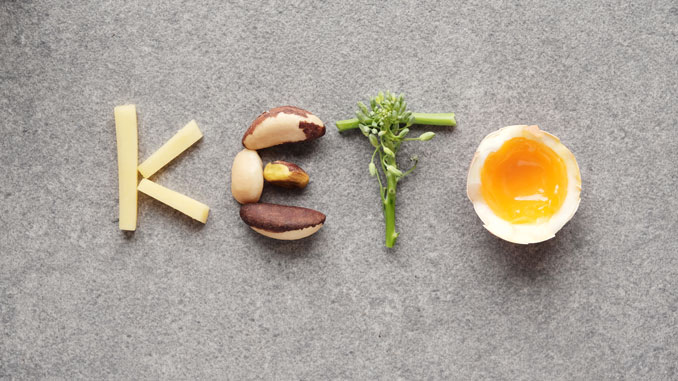
Low-carb diets just keep on coming. The latest version is the ketogenic, or ‘keto’ plan which was first developed to successfully treat epilepsy in the 1920s. The ketogenic plan is a low-carb, high-fat diet that many people swear by for increased energy, weight loss, and mental clarity. Read on to see whether you should dig in or steer clear.
How it Works
The diet involves drastically reducing carbohydrate intake and replacing it with fat. This reduction in carbs puts your body into a metabolic state called ketosis. Ketosis forces your body to burn fat instead of carbohydrates to feed your muscles and mind. For most people, eating carbs triggers the release of the hormone insulin, which turns those carbs into energy. To achieve ketosis, you have to starve your cells of carbs so they break down fats into molecules called ketones. For some people, sticking to a diet like this may be easy, But for others who find it challenging, it comes as no surprise to find that they may opt to take keto diet pills to try and make this journey a lot easier. For anyone in this situation, it may be worth it to learn more, just so there is a better understanding if this is the path some people may choose to go down.
The Food
Getting your keto on properly means that 90% of your daily calorie needs to come from foods such as meat, fish, eggs, butter, nuts, healthy oils, avocados and plenty of low-carb keto vegetables. The remaining 10% should be split into carbs and lean protein. This would put your daily carb quota at 20 to 50 grams, which is about the same amount in 1 cup plain pasta. Since the point is to get in ketosis and stay there, it’s important to avoid any carb-based foods like grains, sugars, legumes, rice, potatoes, candy, juices and even most fruits. Some people like to also add in a keto detox supplement or two as well to make sure they are kitting their protein targets.
Risks vs. Benefits
Some studies suggest that going keto helps aid people with conditions such as diabetes, polycystic ovary syndrome, and inflammation. The diet also has the potential to quickly reduce fat without losing muscle. But remember, a lot of the weight you shed right away is H2O pounds that will snap back if you stop the diet. And ketosis produces acetone, which makes your breath smell oddly fruity. Slashing carbs can also lead to nutritional deficiencies and increased potential for kidney stones. Obviously, as seen by the benefits and the risks outlined, while ketosis may help some on a weight loss journey massively, it is not something that is for everyone. Weighing up whether keto or a more gradual weight loss system like Weight Watchers is a better choice for you as an individual is vital. You can read more about WW vs keto here, to understand the potential pros and cons of both programs in more detail.
The Bottom Line
While the keto diet prevents you from eating cupcakes and other unhealthy things, it also cuts out nutritious foods such as fruit and whole grains because they interfere with the state of ketosis. However, a ketogenic diet may provide some health benefits, especially to those with metabolic, neurological, or insulin-related diseases. Unless you have a diagnosed medical condition that keto can directly benefit, this strict plan is not necessary and may be dangerous for some people.

